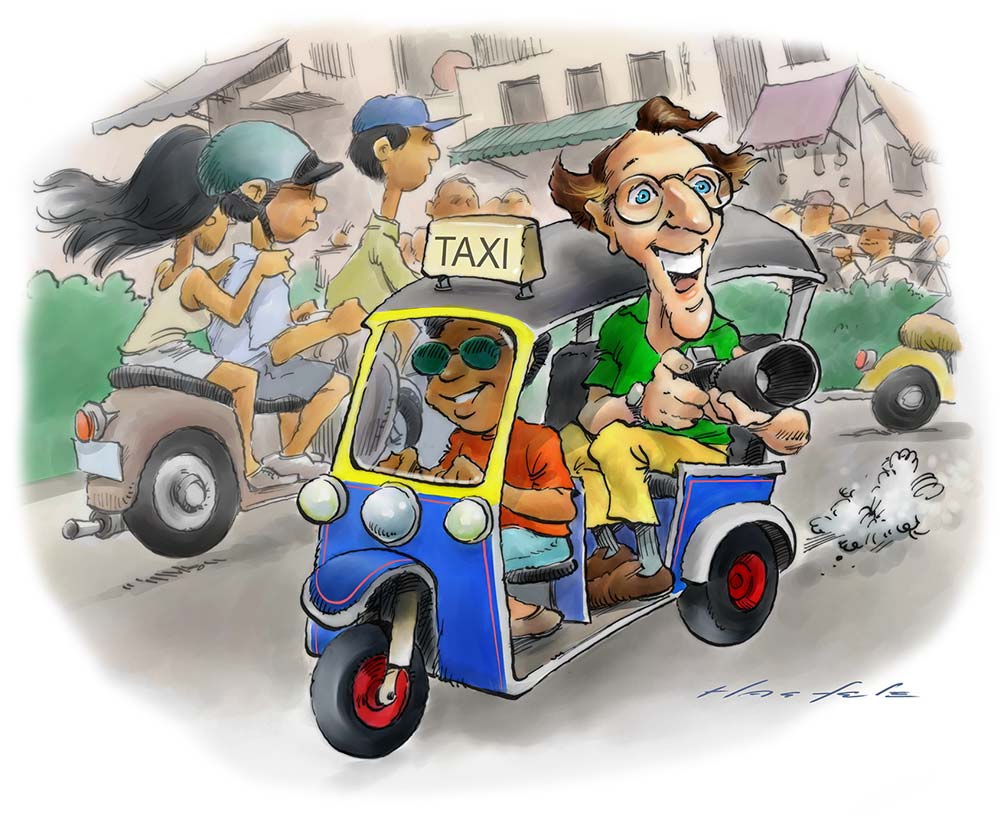Southeast Asia possesses a unique serenity, a timeless wisdom that seems woven into the very fabric of the land. It’s a feeling that permeates everything, originating from the lush vegetation and ancient landscapes. Impressions from Vietnam and Cambodia flood back, a vibrant and overwhelming collection of experiences.
The Buddhist temples were breathtaking, interiors exploding with color and intricate detail. Within their walls, a monk shared his daily life and worldview, a perspective both profoundly different and surprisingly relatable. Common ground exists even across vast cultural divides.
The Mekong River, “mother of waters,” flowed powerfully through the region, a lifeline for countless communities. Though flooding prevented a visit to Angkor Wat, the beauty of Wat Preah Prom Rath in Siem Reap offered a stunning alternative. Serene fishing villages and picturesque rice paddies completed the idyllic scene.

Cities like Phnom Penh and Saigon blended global influences with a distinctly French colonial heritage, visible in the architecture but less so in the rural countryside. The energy of these urban centers was palpable, a vibrant mix of commerce and culture.
Mornings in Phnom Penh began with the hum of scooters and the bustle of life unfolding on apartment balconies. Motorcycles dominated the streets, a constant flow of movement and energy. Many served as taxis, carrying passengers in small wagons.
Saigon’s street vendors offered a culinary delight: bánh mì, crusty baguettes filled with savory ingredients. Each bite was a taste of local life, a simple pleasure enjoyed on the go.
A temple dedicated to the Cao Đài religion proved to be a particularly captivating experience. Combining elements of Buddhism, Taoism, Confucianism, Christianity, and Islam, its wildly colorful interior and neon lettering felt like a celebration of life and spirit. An instant connection was forged.
Photographs taken in Cambodia and Vietnam continue to evoke a sense of wonder. Did I truly witness such enchantment? The scenes possess a subtle, almost mystical quality, lingering in memory.
Being there felt like stepping into a dream, a profoundly pleasant and different world. It’s a place where the common threads of humanity become strikingly apparent. Genuine connection is possible, even with those from vastly different backgrounds.
Asia is a continent of immense diversity, a collection of worlds within itself. What unites such disparate nations as India, Russia, China, and Turkey? Southeast Asia, with its ancient cultures, stands in contrast to America’s relatively recent history.
America, a nation barely 250 years old, is a cultural experiment, a blend of ancestral traditions. How do we appear to those whose cultures stretch back millennia? Our perspectives are shaped by our backgrounds, making true understanding a challenge.
The cultural distance between America and Southeast Asia is vast, yet it holds the potential for profound learning. Cross-cultural encounters spark innovation and creativity, offering invaluable insights.
A sense of otherness pervades Vietnam, a pleasant strangeness that feels exotic and captivating. The Vietnamese culture is ancient and refined, possessing a different sense of time, a longer perspective.
My own history with Vietnam, shaped by a generation defined by war, heightened my awareness. The term “Vietnam generation” resonates deeply, evoking memories of a conflict that profoundly impacted a nation.
Despite a visit, the depth of Vietnamese culture remains largely unknown. The limited understanding America possessed during the 1960s is a sobering realization. Robert McNamara’s documentary, *The Fog of War*, revealed the extent of this ignorance.
McNamara confessed to being “terribly wrong” in his understanding of Vietnam, a realization that came during a journey of reconciliation in 1995. A Vietnamese general challenged the American rationale for the war, stating they had never been pawns of China or Russia, having fought them for centuries.
President Eisenhower’s belief in the power of travel to promote peace feels particularly relevant. He understood that knowing other cultures fosters understanding and reduces the likelihood of conflict, even in the face of political pressure.
The Vietnamese general’s insight is timeless. McNamara’s memoir serves as a warning against the dangers of misunderstanding, and a powerful endorsement of the importance of experiencing the world firsthand.





